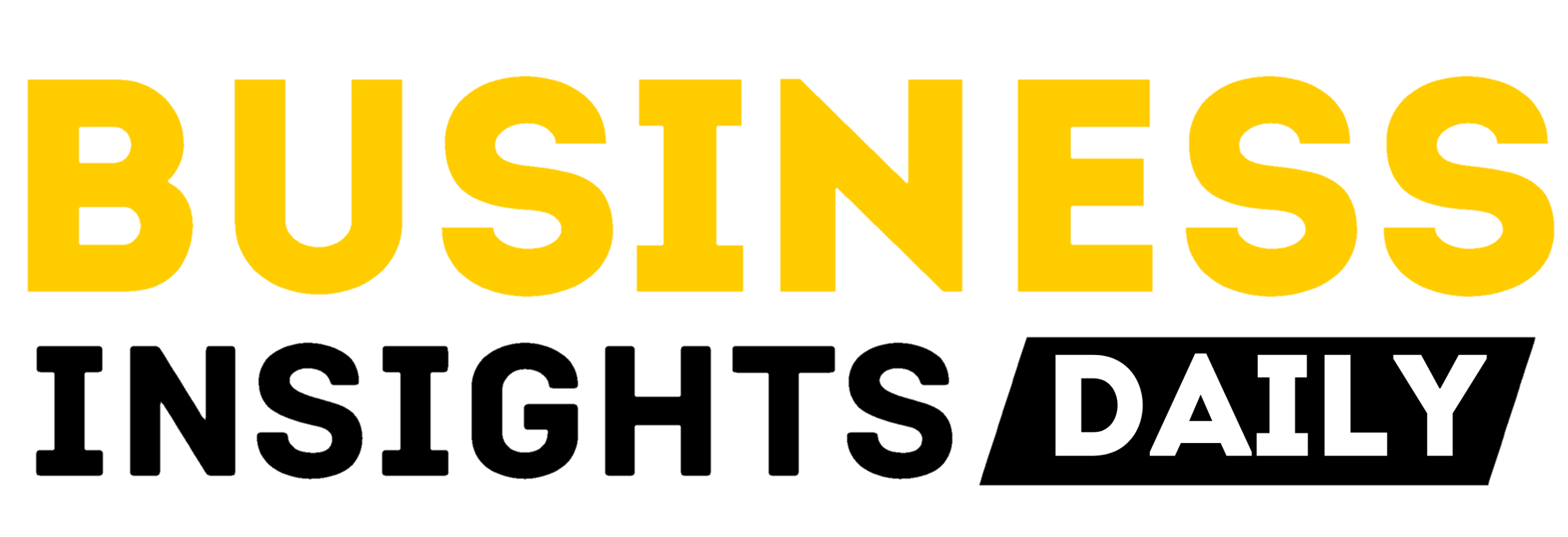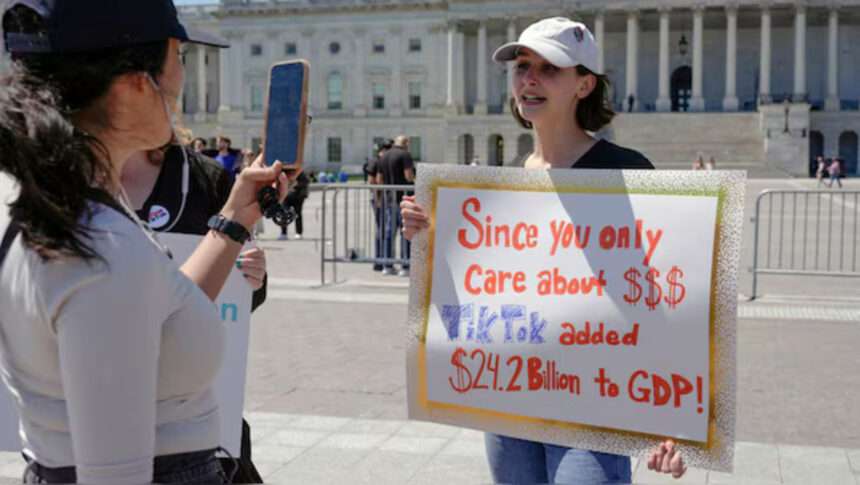The United States is on the verge of a seismic shift in its digital landscape, as the U.S. Senate has passed legislation to ban the popular social media platform TikTok. This move, signed into law by President Biden, has sent shockwaves through the business community, the creator economy, and the broader U.S. economy.
The Impact on Small Businesses
TikTok has become a vital marketing and revenue-generating tool for over 7 million small and medium-sized businesses (SMBs) across the United States. According to a study by Oxford Economics, these SMBs generated nearly $15 billion in revenue through TikTok in 2023, contributing $24.2 billion to the U.S. GDP and supporting around 224,000 jobs.

The potential ban poses a significant threat to these businesses, many of which have come to rely on TikTok’s powerful algorithm and vast user base to reach new customers and drive sales.
“It’s hard to reach them on any other platform,” says Kristen Schiele, an associate professor of clinical marketing at the University of Southern California’s Marshall Business School.
The loss of this crucial marketing channel could stifle the growth and innovation of countless small businesses, potentially leading to job losses and a downturn in economic activity.
Disruption to the Creator Economy
The creator economy, which has flourished on TikTok, is also bracing for the impact of a potential ban. Countless content creators and influencers have built successful careers on the platform, leveraging its unique algorithm and engaged user base to grow their audiences and generate income.
For many, TikTok has become a primary source of revenue and audience engagement. The ban would disrupt their business models, forcing them to search for alternative platforms and rebuild their following from scratch. This could be especially challenging for creators with smaller, more personal followings, who may struggle to replicate their TikTok success on other platforms.

The impact extends beyond individual creators to the broader music industry, where TikTok has become a crucial discovery and launchpad for new artists.
As Stepz, a TikTok breakout artist, explains, “Banning TikTok would damage the music hard.”
The loss of this vital platform could stifle the pipeline of emerging talent and disrupt the music ecosystem.
Broader Economic Implications
The potential TikTok ban extends beyond the immediate impact on businesses and creators, with far-reaching consequences for the U.S. economy as a whole. TikTok’s contribution of $24.2 billion to the U.S. GDP and its support for 224,000 jobs highlight the platform’s role as a significant economic driver.
A ban could disrupt this positive economic influence, leading to potential job losses and reduced GDP growth. Additionally, the ban may have ripple effects on global businesses that rely on U.S. audiences to purchase their products and engage with their content, further compounding the economic impact.
Navigating the Uncertain Future
As the legal battle over the TikTok ban unfolds, businesses, creators, and the broader public are left to navigate an uncertain future. The sell-or-be-banned approach has raised concerns among digital rights advocates about the United States’ role in promoting an open and free internet, and the ban may face legal challenges that could delay or prevent its implementation.
In the face of this uncertainty, experts advise businesses and creators to diversify their digital presence, develop their own platforms, and engage with policymakers to shape a more stable and predictable business environment.
By adapting swiftly and proactively, the entrepreneurial community can turn this challenge into an opportunity for growth and innovation.
The potential TikTok ban in the United States represents a pivotal moment in the digital landscape, with far-reaching implications for businesses, creators, and the economy as a whole. As the legal and political battles continue, the need for agility, adaptability, and a collaborative approach to digital governance has never been more crucial.









